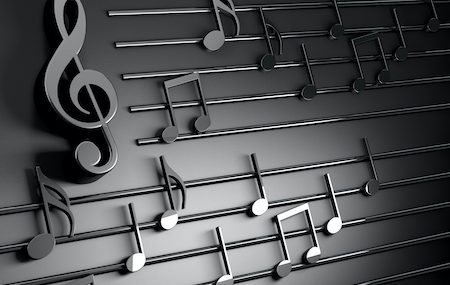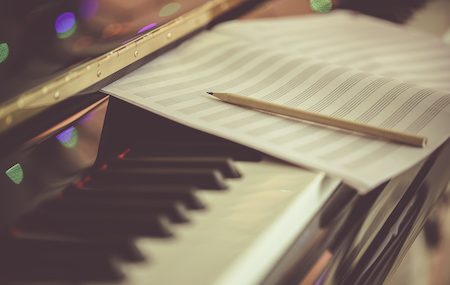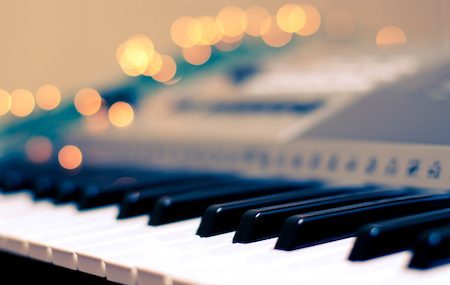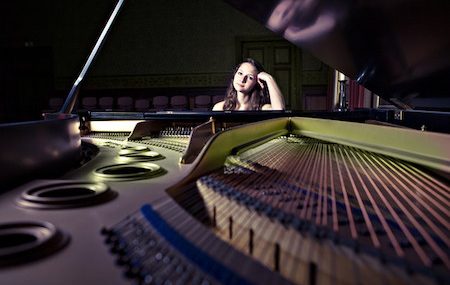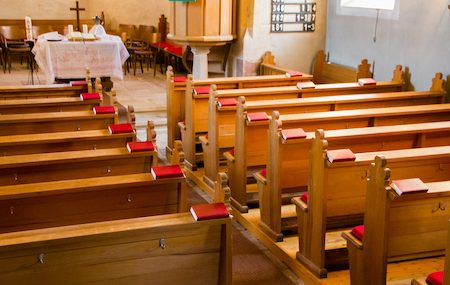We’re all looking for activities we can take on at home. While sports may once have dominated your after-school life, parents today are looking for activities that can be done at home.
Why not piano?
Studies show kids that play the piano do better in school, have higher concentration levels, become better at reducing stress in their lives, and have an activity they can carry with them throughout their lives.
But like every activity you consider, playing the piano isn’t perfect. There are a few reasons you should consider before you introduce it into your child’s life.
It’s a big commitment
The only way to get better at playing the piano is to do it regularly. That means practice sessions will become a part of your regular routine. Are you ready to enforce and encourage regular practicing? Are you ready to help your child set goals and follow through? It can be frustrating, especially when you can’t seem to get past hurdles, but it can be a rewarding experience with endurance.
It’s expensive
Playing the piano can be an expensive pastime. In order to become proficient at it, it’s important to have the right equipment. This doesn’t mean you can pick up a cheap keyboard at a big box store and think you have all the equipment you need. In order to truly love playing the piano, you have to invest in a high quality instrument. Add in lessons, music, and more, and it can be an expensive endeavor.
It takes room
When you invest in a piano, you’ll have to display it somewhere in your home. While an upright can sit against a wall, a grand takes considerably more room. While you can invest in a digital piano, just ensure it’s high quality. It should have all the features of a traditional piano, including weighted keys and a full keyboard. You might be able to tuck it away and bring it with you when you go, it should still be considered a professional keyboard, one that allows your child to learn and grow.
It needs tuning
A piano changes over time, no matter how much you play it. It will need tuning periodically to ensure it sounds its best. Teach your kids that this isn’t a toy. It demands respect, and should never be a place to stack old papers, or allow dust to accumulate. All of that can take its toll on maintenance, and require even more work when you’re ready to play.
Like every activity, it’s important to weigh your options before you commit to an action. But if you choose to encourage your kids to play the piano, you can be sure you’re giving your child a lifetime of enjoyment.
